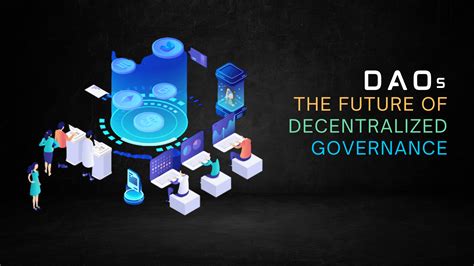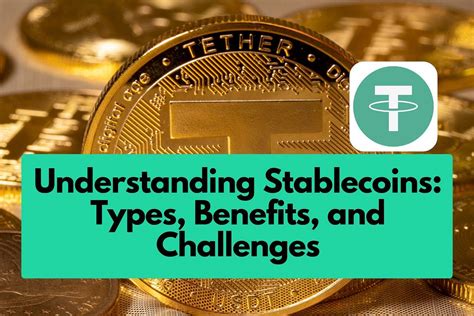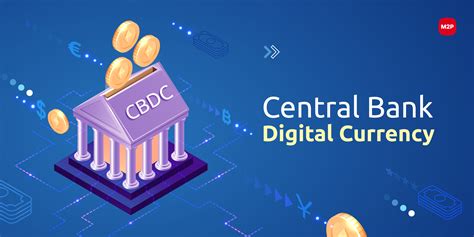Understanding Decentralized Autonomous Organizations: Key Concepts Defined
Decentralized Autonomous Organizations (DAOs) represent a transformative shift in the way governance is conceptualized and executed. At the core of these organizations are a few key concepts that are essential to understanding their functionality and significance.
Firstly, a Decentralized Autonomous Organization relies on blockchain technology, which provides a distributed ledger to record transactions and interactions. This ensures that operations are transparent and secure, reducing the likelihood of fraud or manipulation. Each participant in a DAO has access to the same information, fostering a sense of trust and collective responsibility among stakeholders.
Secondly, DAOs operate under smart contracts—self-executing contracts with the terms directly written into code. These contracts automate processes such as voting, resource allocation, and decision-making. By removing intermediaries, DAOs can operate more efficiently, with reduced operational costs and a faster response time to changes.
Another crucial concept is “tokenization.” In a DAO, governance tokens are issued to members, granting them voting rights proportional to their stake in the organization. This ensures that decisions reflect the collective will of the community rather than the interests of a centralized authority. Members can vote on proposals, changes to governance structures, and allocation of resources, thereby actively participating in the governance process.
The notion of decentralization is pivotal. Unlike traditional organizations, DAOs do not have a singular leadership; authority is spread among various participants. This intrinsic characteristic of a Decentralized Autonomous model promotes inclusivity and diversity in decision-making, leading to more balanced and equitable governance.
Understanding these foundational concepts—blockchain technology, smart contracts, tokenization, and decentralization—provides a clearer picture of how DAOs operate and their potential to redefine governance structures in the future.
How Decentralized Autonomous Organizations Operate: Mechanisms of Governance
Decentralized Autonomous Organizations (DAOs) represent a revolutionary shift in governance structures, leveraging blockchain technology to facilitate decision-making processes without centralized authority. These organizations operate through a set of codified rules enforced by smart contracts, which are self-executing contracts with the terms of the agreement directly written into code.
A crucial mechanism of governance in DAOs is the use of voting systems, where token holders can propose and vote on important decisions. Each member’s influence in the voting process is typically proportional to the number of tokens they hold, ensuring that those who have greater stakes in the organization have a stronger say in its direction. This process fosters a sense of accountability and community participation, as every member has the opportunity to voice their opinions and impact the organization’s decisions.
Moreover, decision-making within DAOs often occurs in a transparent manner. Every proposal, discussion, and voting outcome is recorded on the blockchain, making it accessible for anyone to audit. This transparency minimizes the potential for corruption and promotes trust among participants.
Another vital aspect of DAOs is their ability to adapt and evolve. Changes can be proposed by any member, thereby allowing the organization to pivot as necessary in response to new challenges or opportunities. This adaptability, combined with the efficiency of automated processes, enables DAOs to respond more swiftly to changes than traditional governance structures.
The mechanisms of governance in Decentralized Autonomous Organizations not only streamline organizational processes but also enhance stakeholder engagement and accountability. Through innovative voting systems, transparency, and adaptability, DAOs stand as a promising model for the future of governance.
Benefits of Decentralized Autonomous Models: Enhancing Efficiency and Transparency
Decentralized Autonomous Organizations (DAOs) have the potential to transform traditional governance structures by introducing a range of benefits that focus on efficiency and transparency. Here are some key advantages:
- Decentralized
Future Implications of Decentralized Autonomous Organizations on Governance Structures
The rise of Decentralized Autonomous Organizations (DAOs) signifies a paradigm shift in traditional governance structures. As more entities explore the potential of decentralized models, we can expect several transformative implications for governance systems worldwide.
Firstly, DAOs foster increased citizen participation. Unlike conventional organizations where decision-making power is often concentrated among a few individuals, DAOs allow a broader base of participants to vote on proposals, thereby democratizing governance. This shift could lead to more inclusive policies that better reflect the needs and wishes of the community.
Secondly, we may see a reduction in bureaucratic inefficiencies. DAOs utilize smart contracts and blockchain technology to automate processes, resulting in increased speed and accuracy in decision-making. This could challenge traditional bureaucracies, forcing them to adapt in order to remain relevant in a rapidly changing landscape.
Moreover, the implementation of DAOs can lead to enhanced accountability and transparency. With every transaction and decision recorded on the blockchain, stakeholders can assess governance actions in real-time, reducing the risk of corruption and fostering trust within communities.
Looking ahead, we might witness a shift in power dynamics where traditional institutions and governments must interact differently with their constituents. As citizens become accustomed to having direct influence over governance through DAOs, there may be increased demand for similar mechanisms in public sectors.
The global implications of Decentralized Autonomous organizations cannot be ignored. DAOs have the potential to disrupt industries and challenge existing regulatory frameworks, prompting policymakers to rethink regulations that govern organizational structures and economic models.
The future of governance structures will likely be heavily influenced by the principles and practices emerging from Decentralized Autonomous Organizations. As these models gain traction, we can expect to see a reevaluation of established norms in governance, paving the way for more adaptable, transparent, and inclusive systems.





